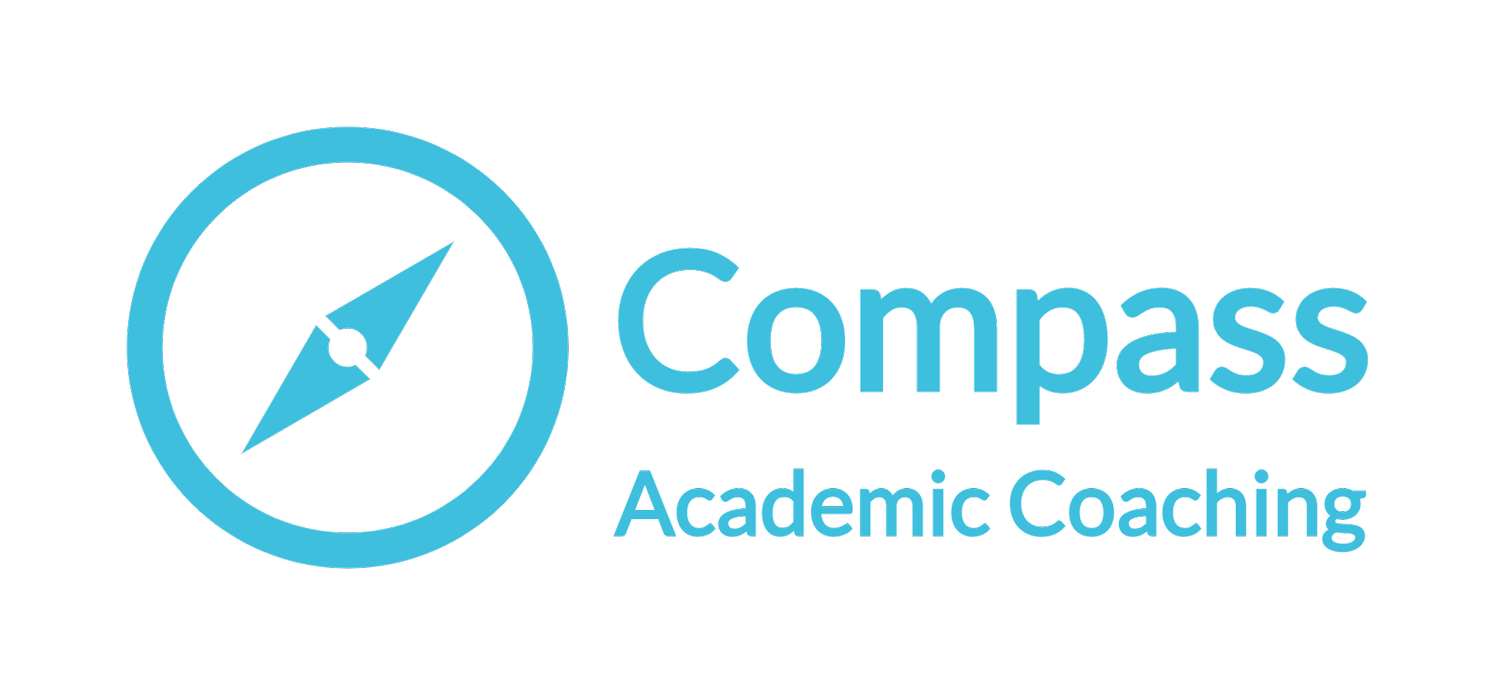“I just need a plan.”
Some academic writers I work with light up at the idea of a shiny new plan. They make their plan for the week and seem genuinely excited to get to work.
Then they come back the next week dejected: “I didn’t follow the plan.”
This might mean we jumped into planning too soon.
A person writing in a planner with sticky notes and highlighters, next to a laptop
Getting organized is great—at the right time
Practitioners of Motivational Interviewing have found that people are more likely to make a change when they first thoroughly explore their ambivalence about making the change, locate and build up motivation, and establish commitment before planning.
I was pondering this while reading Shiri Noy’s Project Management for Researchers: A Practical, Stress-Free Guide to Getting Organized. The book covers not just planning but also doing the work and adapting as things inevitably don’t go to plan; basically, all the nitty gritty of getting work done. Noy’s goal is to guide researchers to develop legible, reliable, and efficient systems so they can get research done with less stress. In the contexts of people management and diagnosing problems, Noy mentions imposter feelings and personal issues, pointing readers to other books that help with those things.
Figuring out if feelings need to shift first
I just couldn’t stop thinking about the vast chasm that quick mention of feelings skipped over. This is in no way a critique of Noy. For someone who is ready for planning and developing a project management system, Noy’s book is a great resource. But it reminded me that people can skip over the work of fully committing to their research by focusing on planning. A new system can be seductive. It looks like it’s the answer to keeping everything together, once and for all.
You might be drawn to planning because it bypasses difficult or conflicting feelings. For example, the thought of working on your research makes you sick to your stomach (or some other unpleasant physiological response). Or, when asked why your work is important, you either don’t know what to say or you rattle off something you think you should say but that does not feel true to you. Maybe you don’t believe you have the skills or abilities to do it. Perhaps you really want to finish the project so you can move on AND you don’t want to do the work it will take to finish it.
The opposites of those examples may be signs you are ready to develop a new plan or system for your work. The thought of working on the project feels either neutral or pleasant in your body. You can say clearly why your work matters, and you believe it. You know what capabilities you bring to the work, and you are willing to learn new things you need along the way. You know why you want to finish the project, and even though some days you may not feel like doing the work required, you’re willing to do it anyway.
Putting energy into things you value
A therapist told me this year: “The perfect plan doesn’t exist.”
She didn’t mean that I shouldn’t bother planning. She was pointing out that there are hard limits to the time and energy we have, and no magic plan will ever create more time and energy. Planning is just part of an ongoing process of negotiating how we spend our precious time.
Accepting that I will never keep everything together, once and for all, is not easy. I want to be excellent in every responsibility area and commitment I take on. I try not to take on too much, but still, I just can’t do everything I possibly could do in all areas. There will always be trade-offs and some sub-optimal outcomes. Figuring out how to be comfortable with that, and to keep putting my energy into the things I value anyway, is the ongoing work. It shows me that the process of trying is as important, if not more so, than the outcome.
I love helping my clients with planning and developing their systems. It’s part of my job to read books like Noy’s so that I know about things like file naming systems and ways to organize research logs. And it’s also part of my job to know about stages of change and change talk (thank you, Motivational Interviewing) to discern when someone might need to do some more work with their ambivalence, so they can get to the commitment it will take to bother with file naming systems and research logs in the first place.

